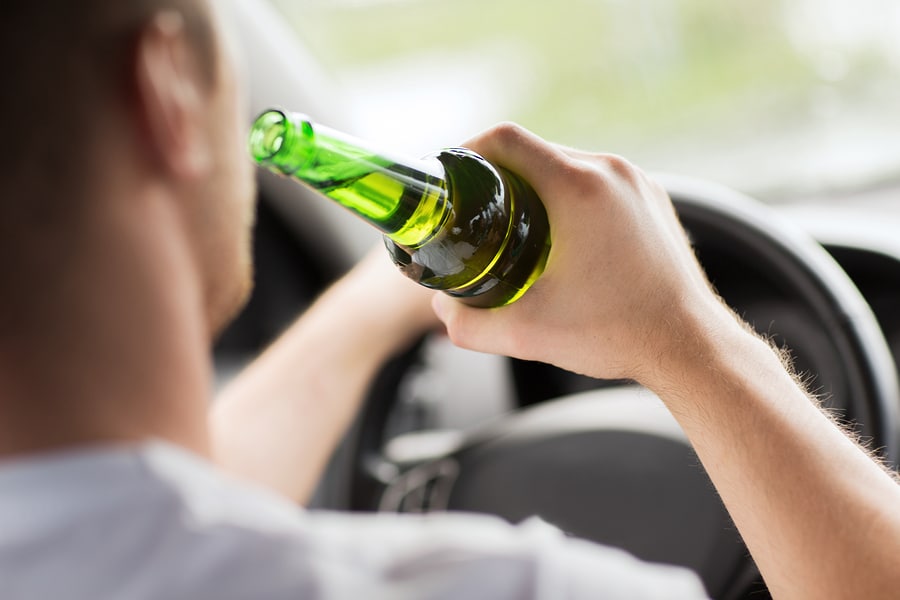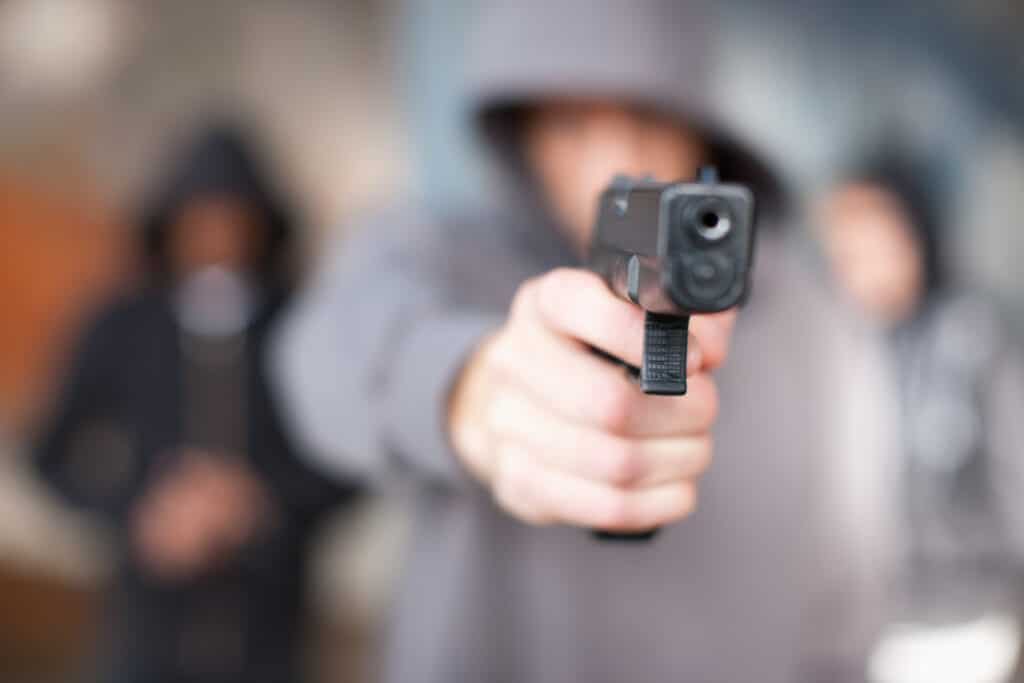Every year, thousands in California are arrested and face drug possession charges. Many of the arrests are based on small amounts of illegal drugs found in a person’s car or physical possession. These cases are a huge percentage of criminal cases in every state, and those convicted of drug charges are a huge part of each state’s inmate population. Still, with the help of a Los Angeles drug crimes lawyer, it is possible to fight drug charges and in many instances obtain a dismissal of the charges or a not guilty verdict.
If you are accused of possessing illegal drugs in Southern California, either for personal use or with the intent to sell, an experienced Los Angeles criminal defense attorney can explain which defense strategies might be applicable to your case. In some cases, it might make sense to dispute the testimony, the evidence, and the purported facts in a case. In other cases, the defense will be smarter to focus on procedural errors such as the violation of a defendant’s search and seizure rights.
If you are arrested and charged with any drug crime in southern California, politely insist on your right to remain silent and on your right to have an attorney present during any questioning. Do not attempt to act as your own lawyer, do not sign any documents, and do not plead guilty before consulting a drug crimes lawyer. Instead, contact an experienced Los Angeles criminal defense attorney and adhere to that attorney’s recommendations. Listed here are the most common legal defenses to charges of drug possession:
1. UNLAWFUL SEARCH AND SEIZURE
The right to “due process” of law, including protection against unwarranted searches and seizures, is guaranteed by the Fourth Amendment to the United States Constitution. If the police discover illegal drugs in “plain view,” those drugs may be confiscated and used as evidence. However, drugs that are not in plain view and that are discovered by the police without a warrant or a suspect’s permission usually cannot be used as evidence. If a suspect’s Fourth Amendment rights were violated, in most cases any charges will be dropped.
2. THE DRUGS IN QUESTION ARE SOMEONE ELSE’S
The most common defense against any criminal charge is simply, “I didn’t do it.” In drug cases, it’s clear that the drugs in question are someone’s, so if you say that you didn’t “do it,” you’re saying the drugs in question belong to someone else. For example, if the police see drugs on the floor of your car, a good drug crimes attorney may argue that the drugs belonged to a previous passenger and that you were entirely unaware of their presence.
3. THE CRIME LAB ANALYSIS WAS INACCURATE
Almost any white powdery substance looks like cocaine. Oregano looks like marijuana, and LSD doesn’t even have a “look” because it comes in so many forms. Just because something looks like an illegal drug does not mean that it is. The state must prove that the item seized by police is, in fact, an illegal drug, and that proof requires a laboratory analysis. In a drug trial, a crime lab analyst usually has to testify and explain the lab’s findings.
4. THE DRUGS ARE MISSING OR LOST
A good defense lawyer will make the prosecutors physically produce the actual drugs in question because if the drugs cannot be produced, there’s no proof they exist or ever existed. Drugs may be exchanged and transferred several times before a trial, and prosecutors who lose track of the drugs also risk losing their case. Neither the defense not the prosecution should simply assume that evidence exists unless it can be physically produced.
5. THE DRUGS WERE PLANTED
This is a variation of the “I didn’t do it” defense, although claiming that drugs were planted is a difficult charge to prove, because the testimony of police officers carries a lot of weight with most jurors. If you believe that the police planted drugs to arrest you, tell your attorney, who can file a motion to obtain the complaint file of the police officer in question. If that officer has planted drugs or otherwise bent the rules in the past, the charge that the drugs were planted will gain credibility, and others who have complained about the officer in the past can be interrogated.
6. THE ENTRAPMENT DEFENSE
The law allows police agencies to conduct “sting” operations, but illegal entrapment happens when the police or their informants lure or cajole someone into committing a crime he or she otherwise might not have committed. If an informant pressures a suspect into transporting drugs to a third party, for example, that is probably entrapment. In most drug cases where there’s entrapment – and entrapment is rare – it’s because law enforcement officers provided the drugs in the first place.
7. THE MEDICAL MARIJUANA EXCEPTION
Under federal law, the medical use of marijuana is not an accepted legal defense. The U.S. Drug Enforcement Administration still classifies marijuana as a “Schedule One” dangerous drug with no medicinal benefits. However, in states where “medical marijuana” is legal, in some cases its use for medical purposes has been an effective defense. However, a suspect offering a medical marijuana defense must offer a doctor’s testimony or other persuasive evidence that he or she uses and needs marijuana strictly for medical reasons.
WHAT IF NONE OF THESE DEFENSES SUCCEED?
For suspects who are charged with the possession of small amounts of illegal drugs, many jurisdictions offer diversion programs that allow them to complete some form of rehabilitation, pay court costs and fines, and have the charges eventually dismissed. These programs usually require the suspect to pass several drug tests and to remain employed or in school, and the failure to comply with the terms of the court’s offer can result in a conviction and the maximum sentence for the original charge.
Immigrants in this state should be aware that although California completely erases minor drug charges when a convicted offender completes court-ordered treatment, the convictions still stand under federal immigration law. If you are an immigrant, it doesn’t matter whether you are undocumented or even if you have a green card – a drug conviction can trigger deportation proceedings, so it’s imperative to have the counsel of a criminal defense attorney with experience defending suspects charged with illegal drug possession.
In 2014, Governor Jerry Brown signed Assembly Bill 2124, which makes it possible for someone charged with misdemeanor drug possession to have the case entirely dismissed without a conviction on his or her record after completing treatment or drug education sessions. After completing the rehab or education program, a defendant may have his plea withdrawn and the case dismissed.









